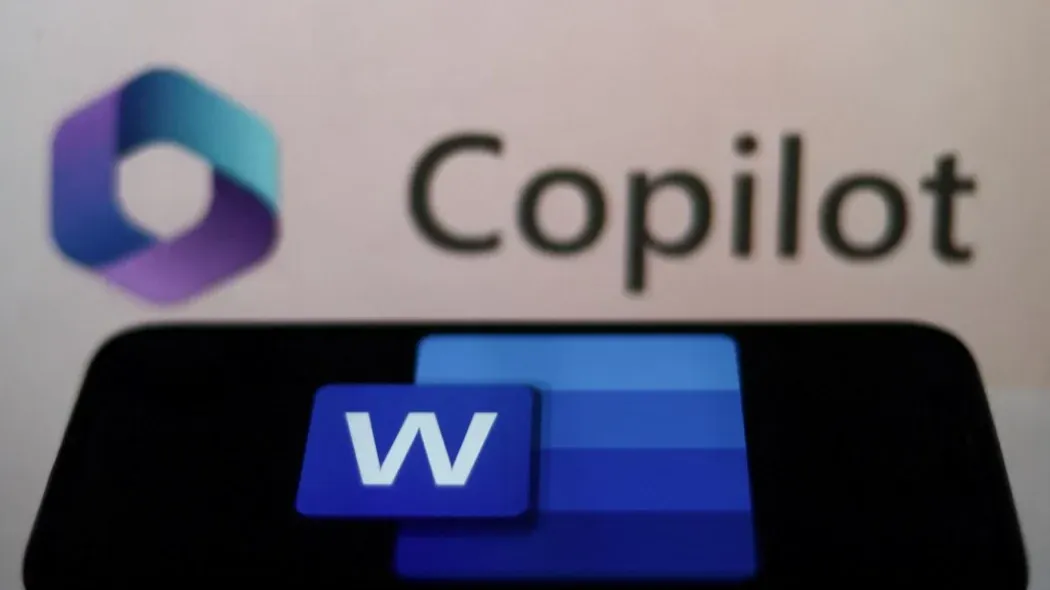According toRadioNZ article, ACC is the first New Zealand government agency to trial Generative AI over the past year using Microsoft’s Copilot in tests.
This article covers the key points and looks at the benefits and risks to Māori.
Key points from the article:
Most importantly and most reassuring is the government’s chief digital officer endorsed the trial and got approval from the government’s chief privacy officer and the Office of the Privacy Commissioner.
Other points include:
· four fifths of its 300 users found a boost to the quality and speed of their work
· A win for tangata whaiora – Tests found that along with boosts to service came gains in employee wellbeing, such as helping people with ADHD or poor hearing focus more in meetings, or those with dyslexia to revise content.
· IP [intellectual property] and privacy of clients has been managed and not compromised. It didn’t learn from the queries staff made or the information they used with it, and did not add that information to its learning banks
· will help inform other government organisations who may wish to also use M365 Copilot
· Getting access to it was “highly sought after
· The data and prompts are not retained by the large learning module, nor does it use the data and prompts we provide to learn
· Some information was off-limits, such as business apps
· The risks of breaching client personal information are mostly alleviated because it does not integrate with ACC’s authoritative client record systems, so Copilot is unable to collect, use or disclose personal information from those systems.
Benefits and Risks to Māori
The agency has already been in the media spotlight for bias against Māori, women and Pasifika with their algorithms despite being a signatory to the Algorithm Charter. Making the potential risks a high level.
From a Te Ao Māori (Māori world view) perspective, there are no new findings that are not already well known such as the Māori language was not a supported language on Copilot, and the assessment said any attempts at translation needed thorough reviewed. This is the same advise we give for any generative AI as it is widely known that any AI is not yet fully capable of accurate Māori language translations.
As the article states, the details are being shared with other agencies who are eager to learn. While the agency Māori advisors were involved, it only appears that the Māori language was considered in the trial.
There are a number of potential risks to Māori for any government agency to avoid future bias and colonisation issues. Some considerations include:
· Avoiding the common issue that Māori advisors are experts in all things Māori and ensuring that they are sufficiently qualified and trained in AI, noting the recent findings of government agencies where the top issue is a lack of AI skills and knowledge. The issue here is that there are no specific AI ethics and technical training that includes Māori/Indigenous Peoples and Te Tiriti.
· Implementing a Te Tiriti assessment
· Māori and New Zealand Data Sovereignty audits, tracking and documentation
The potential here if Māori ethics are appropriately recognised and implemented with experts, is we could see Māori facing less discrimination with health care access and better recovery services, lessening the costs to taxpayers and employers.


Leave a Reply
You must be logged in to post a comment.